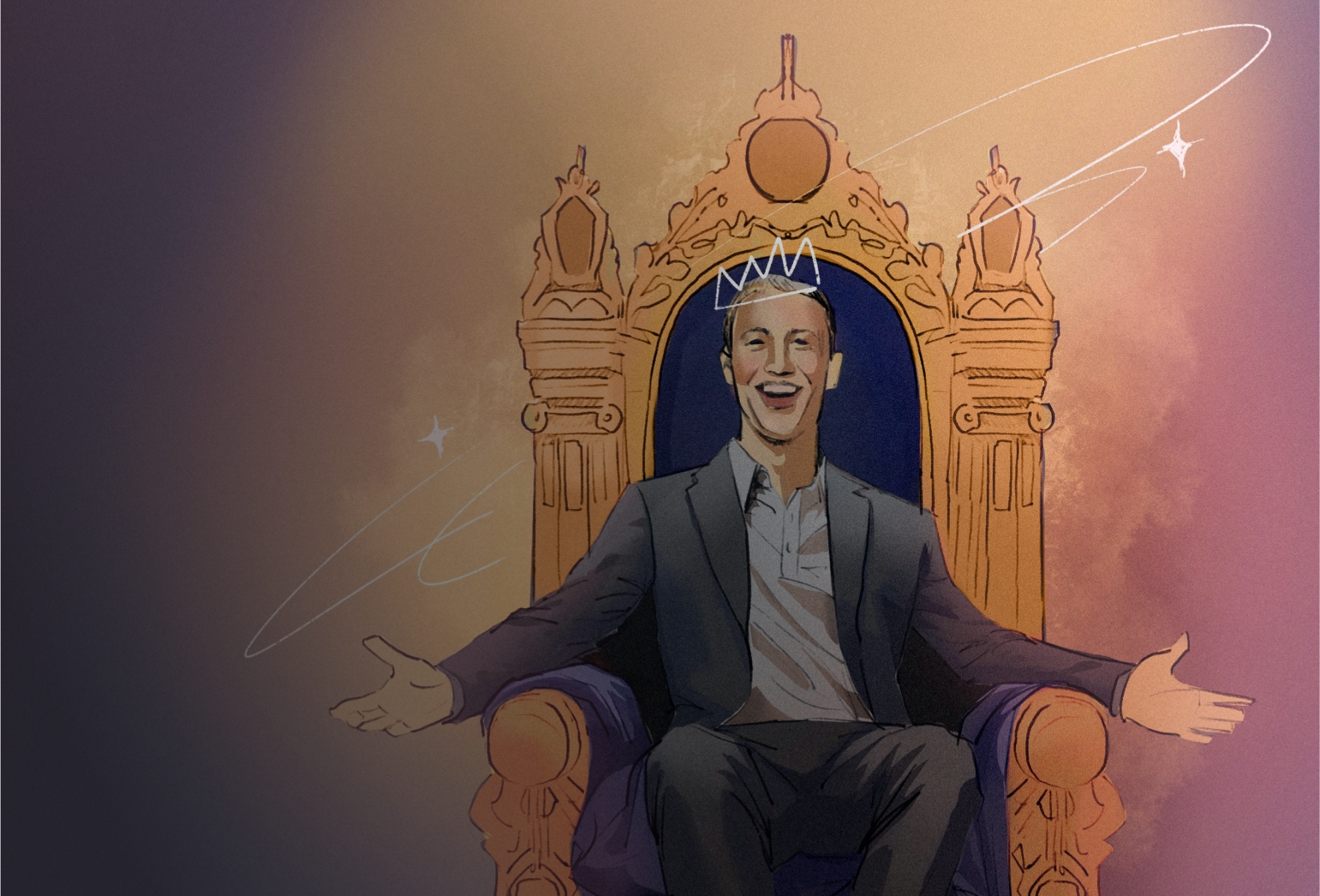In this exploration, I tackle the widespread skepticism surrounding Mark Zuckerberg and the Metaverse, arguing that our collective fear of change, amplified by recent global upheavals, may be obscuring the transformative potential of these innovations. From my perspective, it's crucial to adopt a balanced view, recognizing how the Metaverse could revolutionize education, healthcare, and social interaction for underserved communities. I advocate for constructive engagement with technological advancements, urging us to consider the significant opportunities they present for societal improvement.
Who is Mark Zuckerberg? What is the Metaverse?
Mark Zuckerberg is a clever and cunning tech billionaire. His Facebook brand was recently rebranded to Meta as part of a broader strategy to capitalize on the potential of the Metaverse. The acquisition of companies like Oculus and WeChat is criticized as an attempt to escape the restrictions and controls imposed by other tech giants, such as Google, Apple, and Facebook, and establish a new ecosystem where Meta can decide how to operate. The more power Meta has, the more influence Mark Zuckerberg has.
The Metaverse is an immersive virtual world that enables new communication activities that may not be possible or accessible in the physical world. The Metaverse brings a world of endless promise and potential, complete with its own virtual economy composed of virtual possessions and digital real estate. The Metaverse is viewed as a level-up or replacement of social media that, by design, amplifies the growing dependence and addiction to online communities.
(With these perceptions, I tried to consider the polarizing range of opinions and create a more objective and widely agreed-upon definition, but it may not be perfect.)
Each perception has key misleading aspects. People’s perception of Zuckerberg' implies that he has a malicious intent and a desire for absolutism. People’s perception on the Metaverse villainizes the full embrace of technology and portrays the virtual world as a deceitful reality.
But why is this so?
We don't want the Metaverse to succeed; we align ourselves with biased perceptions emphasizing its possible harm, malcontent, and limitations. Through interviews, observation, and analysis, I conclude this is simply because we're tired. We're exhausted and overwhelmed by all of our day-to-day and societal problems. We just came out from years of uncertainty such as COVID lockdown, war in Ukraine, war in Gaza and aggressive changes in society and social norms such as remote work, cancel culture. We're tired of having to be defensive and fight for basic rights like BLM, overturn of Row v Wade, Atlanta Cop City. It makes sense that we're at a point where we can't fathom any more drastic change and act defensively toward our peace. We won't take risks without weighing the possible repercussions, reflected in the perception of the Metaverse and Mark Zuckerberg.
We want to take back control over our lives and want stability so we can plan and understand how to solve existing problems. We view Mark Zuckerberg and the Metaverse as threats to what we want and embrace the negative perceptions because they fit the characters in our narrative.
I agree with the perception towards Mark and Meta. I agree with our reasoning as to why we don't want the Metaverse to work. Still, the Metaverse holds so much potential that we're ignoring and limiting ourselves from achieving if we continue to hold onto this narrative.
Why is it important that we change our opinion?
Metaverse has the potential to revolutionize education, work, healthcare, and social interaction. Rejecting its development because we are uncomfortable with change could prevent these opportunities from helping the people that the current system fails.
Some people that are underserved and overlooked by the current system:
- Students with learning disabilities who need accessible and personalized learning experiences
- Remote and underprivileged students with a lack of quality in-person education
- Individuals with physical disabilities who have limited employment opportunities due to physical workspace and transportation limitations
- Patients living in remote areas who deserve access to good quality healthcare services
- Individuals who want a discrete and accessible way to access mental health resources, support groups, and therapy sessions
- Individuals with social anxiety who prefer a controlled environment where they can practice social skills and build confidence
- Elderly and homebound individuals who want accessible recreational activities that foster meaningful relationships and reduce their feelings of isolation
The list goes on...
Fragmented acceptance and development will allow Metaverse embracers and financial early adopters to set a precedent for how Metaverse operates, who it serves, and what activities are valued. The gap between those with access to the latest technology and those without could widen, and companies can embrace and innovate for the dominant user body.
In Conclusion,
We must work with the teams pioneering the Metaverse, not against them. We must communicate our preferences productively by constructively stating what we won't like and embracing what we like.
You're most likely an advertiser or strategist if you're reading this. We need to understand where the fears and biases towards the Metaverse came from and the potential this new technology brings to underrepresented communities.
It's hard to put the future in other people's hands, but its important to realize they build us a tool that gives us more power and control.

